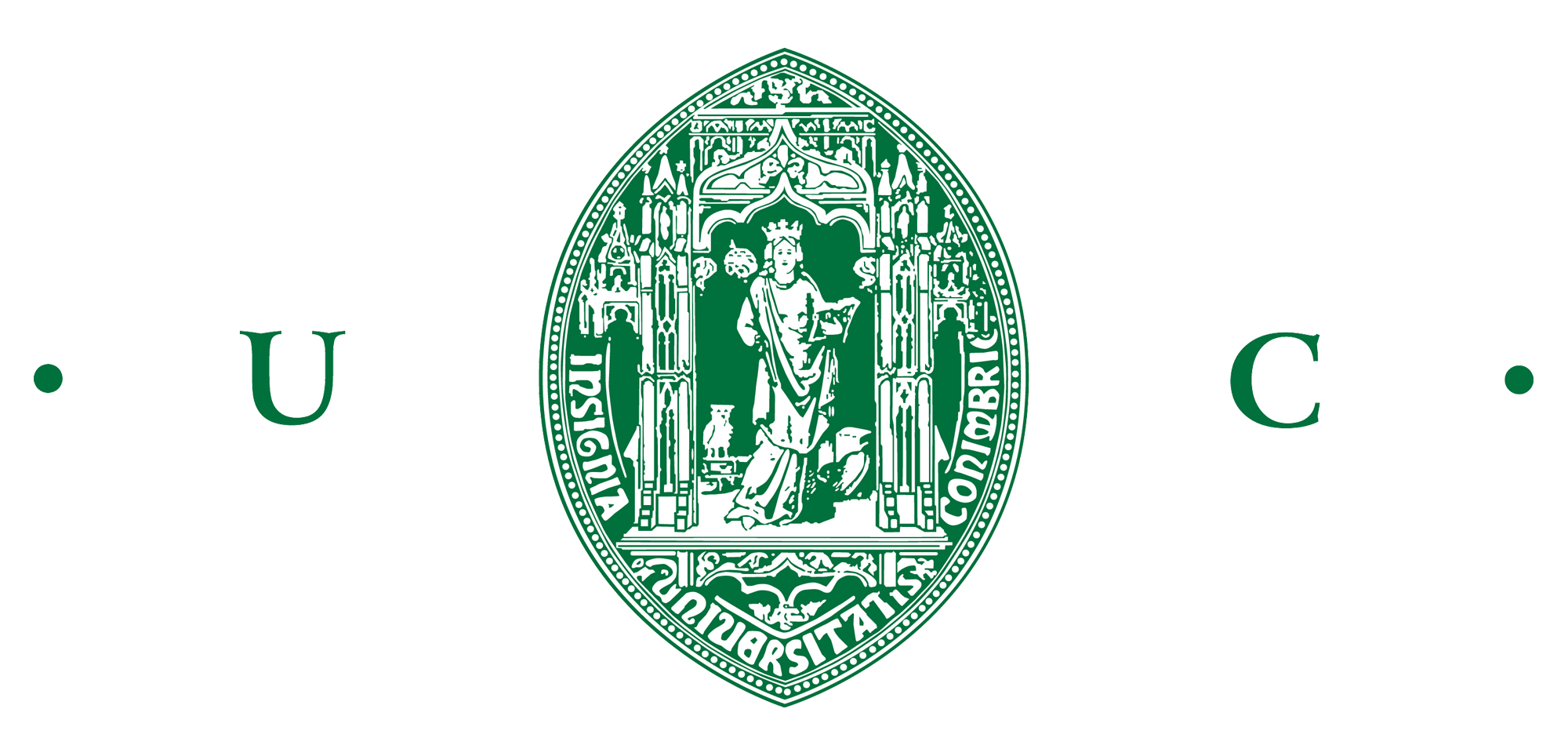2026 | 2025 | 2024 | 2023 | 2022 | 2021 | 2020 | 2019 | 2018 | 2017 | 2016 | 2015 | 2014 | 2013 | 2012 | 2011 | 2010 | 2009 | 2008
Generating Vascular Networks: A Reinforcement Learning Approach
Authors: Simoes, J.; Travasso, R; Costa, E; Baptista, T
Ref.: 8th Annual International Conference on Machine Learning, Optimization and Data science (LOD) 13811, 139-153 (2023)
Abstract: Vascular networks are essential for providing nutrients and oxygen to the cells. Cancer progression and type-2 diabetes are examples of pathological conditions which rely on vascular growth. Among various mechanisms, angiogenesis - the process by which new blood vessels grow from existing ones - plays a crucial role. Over the past decades, several mathematical and computational models have been proposed to study different aspects of this biological phenomenon. Most of those models have addressed vascular growth in a bottom-up fashion, for instance by considering biological and physical mechanisms that are involved in the interactions between cells. Instead, we propose a top-down approach, based on reinforcement learning, to generate vascular networks that fully irrigate a given tissue whilst minimising the complexity of the network. In it, vascular networks are represented as graphs composed of multiple nodes and edges. A description of the irrigation provided by the vessel network is utilised to evaluate the quality of the generated vascular networks. In contrast to other models found in the literature, we are not interested in the underlying physical and biochemical mechanisms that drive the vascular network growth, but rather to find the optimal vascular networks that properly irrigate tissue cells. The experimental results show how promising is the proposed approach in the generation of efficient vascular networks. We also study how different reward formulations affect the capacity of the model to generate better solutions.


